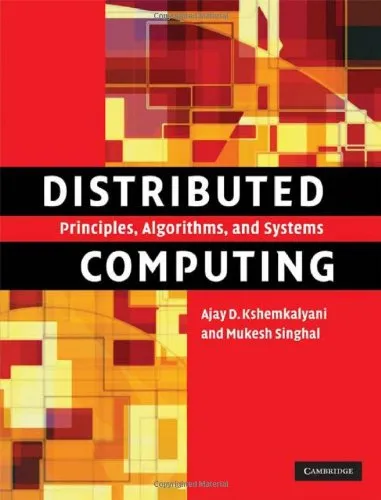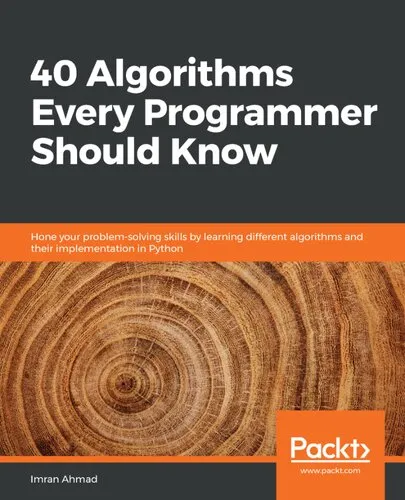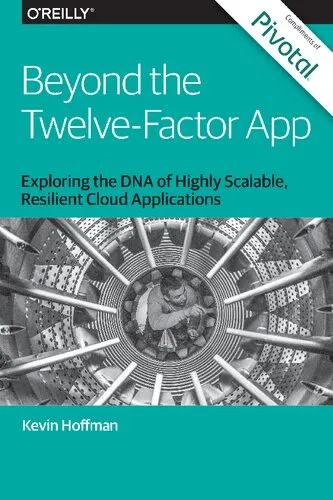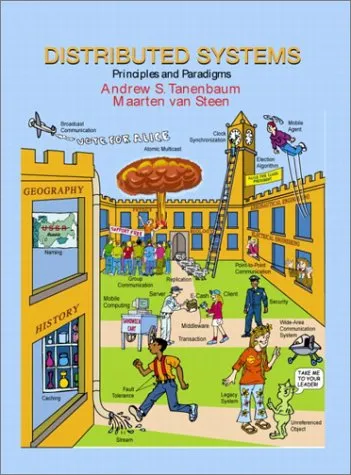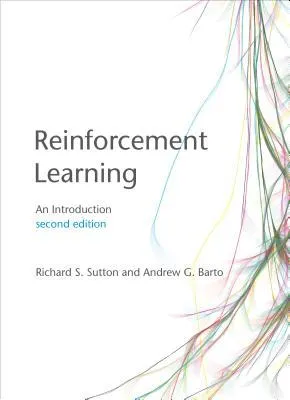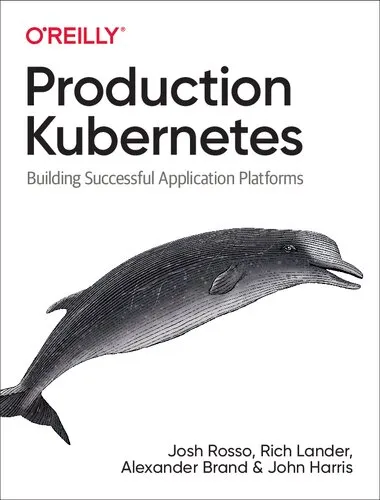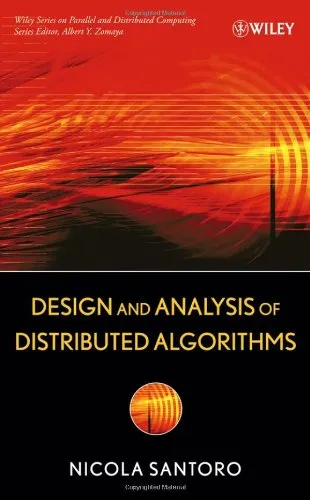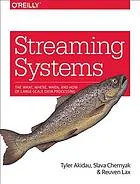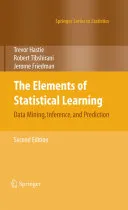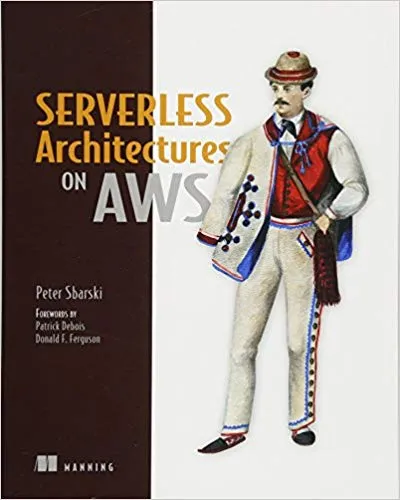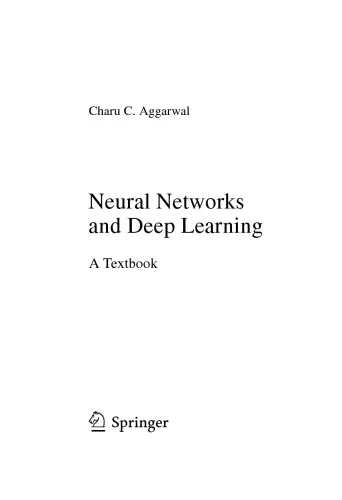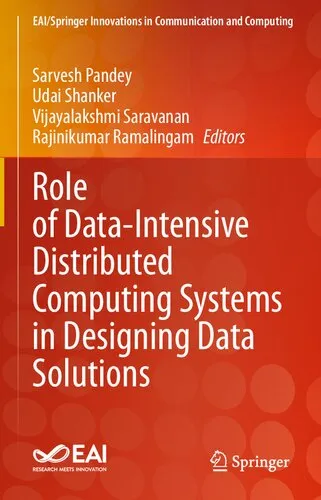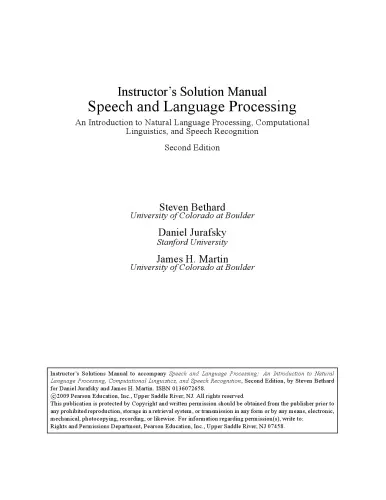Distributed computing: principles, algorithms, and systems
4.5
Reviews from our users

You Can Ask your questions from this book's AI after Login
Each download or ask from book AI costs 2 points. To earn more free points, please visit the Points Guide Page and complete some valuable actions.Related Refrences:
Introduction to Distributed Computing: Principles, Algorithms, and Systems
The realm of distributed computing is continually expanding and becoming an integral part of numerous contemporary computing systems, from grid and cloud infrastructures to mobile environments. A comprehensive understanding of the principles, algorithms, and systems that underpin distributed computing is crucial for both academicians and practitioners alike.
Detailed Summary of the Book
Distributed computing is an exciting and pivotal field that holds significance due to its ability to solve problems collaboratively through a network of interconnected systems. The book "Distributed Computing: Principles, Algorithms, and Systems" offers a detailed and thorough exploration of this domain by delving into the core principles that govern distributed systems. It is structured in a manner to cater to newcomers as well as seasoned professionals who seek to deepen their understanding. Starting with fundamental concepts such as processes, communication, synchronization, and fault tolerance, the book progresses towards more intricate topics like consensus algorithms, resource management, and scalability.
Each chapter meticulously dissects a crucial aspect of distributed systems. For instance, algorithms for synchronizing clocks and mutual exclusion are discussed to maintain order in concurrent operations. The book also covers models and paradigms that have become essential in modern-day distributed systems, ensuring that readers gain a holistic understanding of both theoretical and practical components.
Key Takeaways
- Gain a profound understanding of the basic principles that form the foundation of distributed computing.
- Explore a wide spectrum of algorithms designed for coordination, communication, synchronization, and recovery in distributed systems.
- Understand the contemporary challenges and solutions in distributed computing such as security, scalability, and fault tolerance.
- Learn through practical examples and applications that illustrate theoretical concepts in real-world scenarios.
Famous Quotes from the Book
"Distributed computing transforms the way we conceptualize and interact with the digital world, by making collaboration the key to efficiency and reliability."
"Understanding the core principles of distributed systems helps in crafting solutions that are robust, scalable, and maintainable."
Why This Book Matters
As distributed systems become ubiquitous in handling data across decentralized networks and cloud-based services, the relevance of comprehensive knowledge in distributed computing cannot be overstated. "Distributed Computing: Principles, Algorithms, and Systems" stands out as a pivotal resource that bridges the gap between theory and practical application, making it an indispensable reference for students, educators, and industry professionals.
In a rapidly evolving technological landscape, this book equips readers with the knowledge and skills to address current and future challenges in distributed computing, making it a cornerstone addition to the library of anyone involved in this dynamic field. Its emphasis on both foundational principles and emerging trends ensures that it remains a timeless resource, perpetually relevant to the needs of distributed computing education and practice.
Free Direct Download
You Can Download this book after Login
Accessing books through legal platforms and public libraries not only supports the rights of authors and publishers but also contributes to the sustainability of reading culture. Before downloading, please take a moment to consider these options.
Find this book on other platforms:
WorldCat helps you find books in libraries worldwide.
See ratings, reviews, and discussions on Goodreads.
Find and buy rare or used books on AbeBooks.
1491
بازدید4.5
امتیاز0
نظر98%
رضایتReviews:
4.5
Based on 0 users review
Questions & Answers
Ask questions about this book or help others by answering
No questions yet. Be the first to ask!
